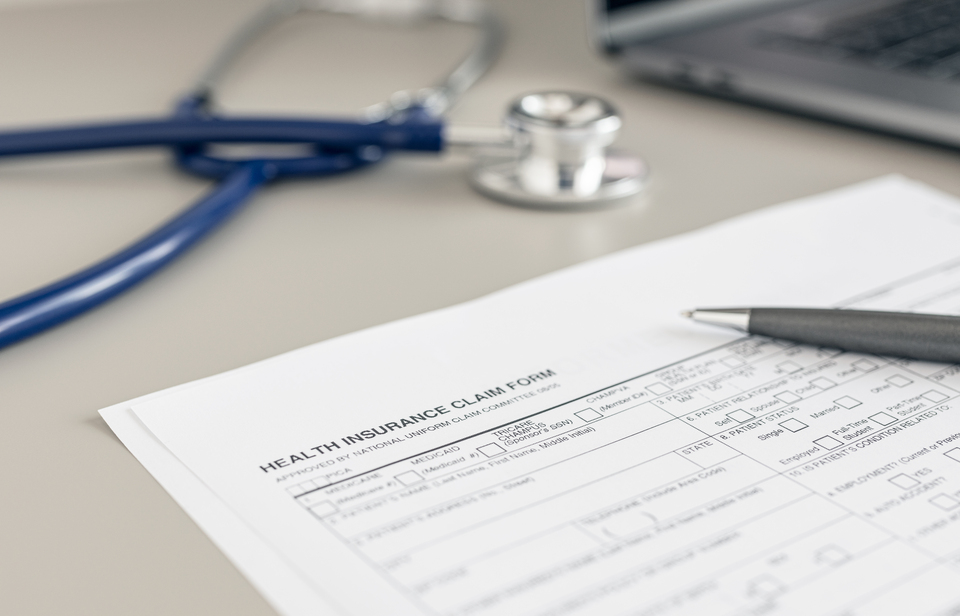
Private sector sick leave in the United Arab Emirates (UAE) is governed by rules that define duration, pay entitlements, notification duties and protection from dismissal. This guide outlines those provisions and their practical impact for both employers and employees.
Duration and pay during sick leave
After the probation period, an employee is entitled to sick leave of up to 90 days per year of service, taken continuously or in parts. Pay is structured in stages :
- Full pay for the first 15 days.
- Half pay for the next 30 days.
- No pay for the remaining 45 days.
During probation, workers are not entitled to paid sick leave. Employers may, however, grant unpaid leave based on a medical report from a recognised medical authority confirming the need for the absence.
Note : these rules apply to illnesses that are not caused by occupational injuries or hazards, which are governed by specific regulations.
Ineligibility for paid sick leave
An employee is ineligible for paid sick leave in the following cases :
- During the probation period.
- Where the illness results directly from the worker’s misconduct (e.g., consumption of alcohol or narcotics).
- Where the worker violated safety instructions under applicable laws and duly communicated company regulations.
Notifying the employer and medical evidence
Employees must notify their employer of their sickness within a maximum of three days and submit a medical report issued by the competent medical entity. Timely notification and valid documentation are essential for proper application of the staged pay rules.
Dismissal protection during sick leave
Employers may not dismiss an employee or serve notice while the employee is on sick leave. If the full 90 days are exhausted and the employee is still unable to return to work, termination may be considered. In that case, the employee remains entitled to end of service benefits under the labour law.
Practical considerations for employers
Clear internal policies on notification, collection of medical certificates and tracking of days used are vital. They help avoid payroll errors, ensure correct application of staged pay and reduce disputes over unjustified refusals or irregular dismissals. Where illness is allegedly linked to misconduct, proceed cautiously : carry out an internal review, collect evidence and respect due process requirements.
Good practices for employees
Notify the employer promptly (ideally in writing), seek medical assessment from a recognised provider and send certificates without delay. Keep a record of all documents and communications. When preparing to return, consider a discussion with the employer on fitness, potential adjustments or a phased return if needed.
Interface with other leave regimes
Work related injuries and occupational diseases follow specific rules on coverage and compensation. Annual leave, maternity/paternity leave and other statutory absences are distinct from sick leave, each with its own framework. Avoid unauthorised overlap and document the precise nature of each absence.
The UAE sick leave regime balances employee health needs and employer legal certainty. Meeting notification deadlines, providing valid medical evidence and correctly applying staged pay rules enhance compliance and reduce litigation risk. Where uncertainty arises, e.g., faultrelated illness, extensions beyond 90 days, interaction with other leave, specialist advice is recommended.
Our lawyers, who are experts in labour law, are available to answer all your questions and provide advice. We offer face-to-face meetings or videoconferencing. You can make an appointment directly online at https://www.agn-avocats.fr/.
AGN AVOCATS – Labour Law
contact@agn-avocats.fr
09 72 34 24 72
- Administrative and Public Law
- AGN Football Club
- AGN News
- Banking, finance and insolvency
- Business Law Dubaï
- Civil Service
- Contract Law & Distribution
- Corporate Law
- Criminal Law
- Equine Law
- Family Law
- Family Matters
- Immigration
- Immigration
- Immigration Law Dubaï
- Inheritance
- Inheritance law Dubaï
- Insurances & Liabilities
- Intellectual Property and Digital Law
- Labour law
- Labour Law Dubaï
- Litigation & dispute resolution
- Non classé
- Property Dubaï
- Real Estate
- Sale of business
- Specific rights
- Sports law
- Tax
- Tax Law Dubaï
- Technologies, blockchain & digital assets
- Tourism Law